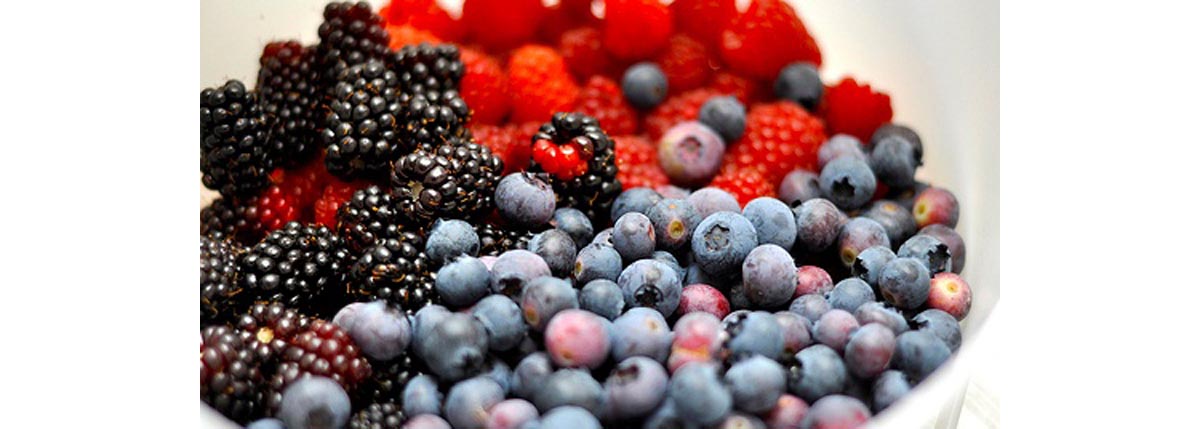Table of Contents
A decline in your normal cognitive functions is a part of the completely normal ageing process. However, in the recent times, we have seen a very big increase in the number of elderly patients suffering from Alzheimer’s disease and also various other forms of dementia. We already have about four million Americans with Alzheimer’s disease and it is only going up from there, it is projected that over 22 million people will be suffering from it by 2025.

Normally Alzheimer’s disease is associated with genetic and environmental factors. However, with the burgeoning numbers, experts have come to believe that your diet may very well also be playing an important role in the development of the disease. A number of studies have also corroborated this belief. This means that a better diet, meaning you eat more nutritious foods opposed to unhealthy ones, could have an effect on your brain. It turns out eating healthy foods does not only give you a fit body, but it may also the prevent memory loss that is usually associated with aging. Read on to find out more about which foods are a must in your diet to help prevent the memory loss from Alzheimer's disease.
Green vegetables and fish are a must
A study carried out on 3,718 elderly residents from Chicago found out that eating vegetables was associated with a reduced rate of cognitive decline. The study, which was published in the journal Neurology, found out that the rate of decline was the slowest in people who consumed the maximum number of green vegetables per day.
Similarly, other studied have found that consuming foods which are rich in omega-3 fatty acids, such as salmon and tuna, and reducing the consumption of foods rich in saturated fats and cholesterol is also good for the health of the brain and prevents memory loss.
Eat berries and flavonoids
Another study, led by Elizabeth Devore and her colleagues from Brigham and Women's Hospital in Boston, and published in the journal Annals of Neurology in July this year, found that berries and flavonoids also have an impact on the cognitive decline. This study began in 1980 and the participants of the Nurses’ Health study were asked to fill up food frequency questionnaire every four years. Cognitive functions of 16,010 participants above the age of 70 were assessed at every 2 years intervals beginning from 1995.
The researchers found that the women who consumed more berries had a slower rate of decline of cognitive functions. The decline in the mental functions was slowed by about 2 ½ years. The researchers also noticed that an increased intake of total anthocyanidins and flavonoids, found in berries, leads to a decreased rate of memory loss. These are antioxidants which improve the blood flow to the brain. An interesting find of the study was that the women did not eat berries every-day. Just a cup of strawberry per week or ½ cup of blueberry per week was sufficient to stall the decline in cognitive functions.
Don't forget the green leafy vegetables
A study, led by Kang and published in the May 2005 issue of the journal Annals of Neurology also showed that increasing the consumption of green leafy vegetables can lead to a significant slowing down of age related memory loss. Eating fruits and green vegetables is believed to prevent age related memory loss and a decline in the cognitive functions because of their rich polyphenol content.
- “Associations of vegetable and fruit consumption with age-related cognitive change”, by Morris MC, et al, published in the October 24 issue of Neurology, accessed on November 28, 2012.
- “Dietary intakes of berries and flavonoids in relation to cognitive decline”, by Devore EE, et al, published in the July 2012 issue of Annals of Neurology, accessed on November 28, 2012.
- “Fruit and vegetable consumption and cognitive decline in aging women”, by Kang JH, et al, published in the May 2005 issue of Annals of Neurology, accessed on November 28, 2012.
- “Protective Effects of Flavanol-Rich Dark Chocolate on Endothelial Function and Wave Reflection During Acute Hyperglycemia”, by Davide Grassi, et al, published online July 30 issue of Hypertension, accessed on November 28, 2012.
- Photo courtesy of 30691679@N07 on Flickr: www.flickr.com/photos/30691679@N07/4857428251
- Photo courtesy of dr_knox on Flickr: www.flickr.com/photos/dr_knox/2271326652

